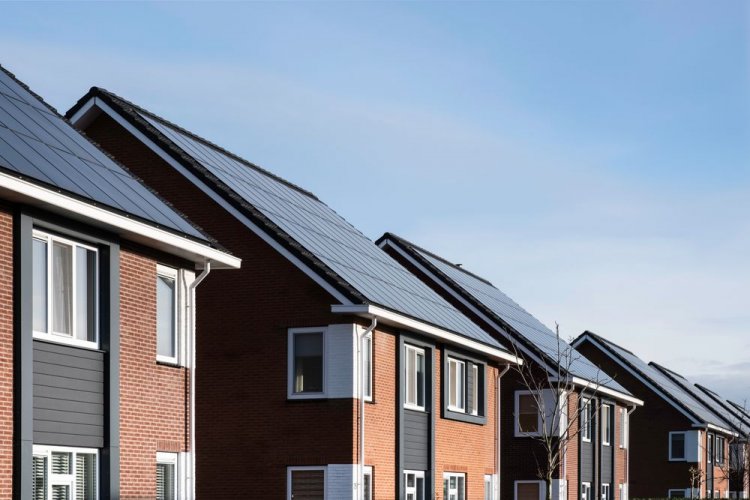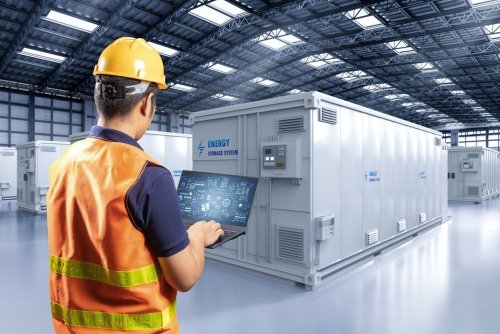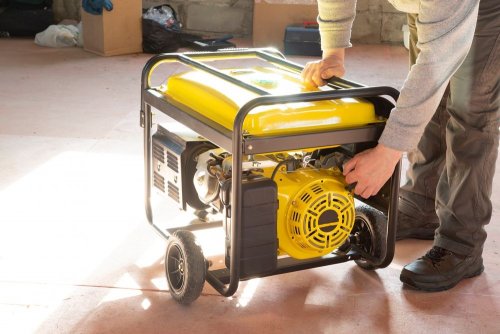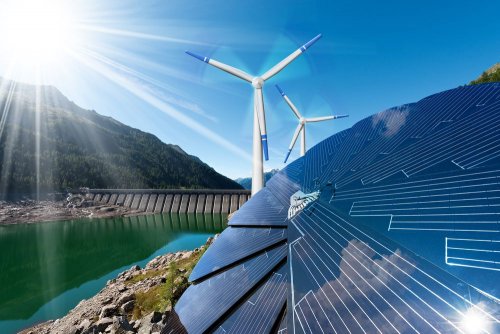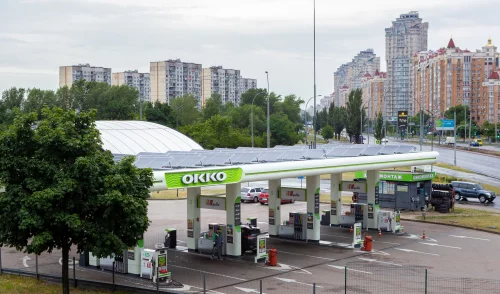Energy expert Viktor Widzigovsky said that a diesel generator, a hybrid solar plant or a battery can provide autonomous power supply for the house.
He explained that for the organization of electricity supply in the autonomous mode, an important task is to ensure the balance between generation and consumption, reports Ukrainian energy industry.
If the balance is not maintained, significant voltage surges begin. If the load is greater than the generation, it will go out, and if on the contrary, the voltage will raise. You can solve this problem by installing a battery pack or a controller.
“It works, but a stand-alone system is much more complex than rooftop grid stations. You have to be a very good planner to correctly calculate your consumption," Widzigovskyi said.
He also drew attention to the fact that household consumption is currently very uneven, and the peak value can exceed the average by 100 times.
"At home, for example, I have a small car battery with a capacity of 70 amperes per hour, which is charged when there is voltage in the network and feeds only the heating boiler when it is not," the expert said. – The power of this battery is enough for about a day of operation of the boiler, which is most important in winter or short-term shutdowns. But my neighbor went further, he has several powerful batteries that power the whole house through an inverter."
He also recommended not turning on the washing machine, dishwasher, etc. during an emergency to extend the life of the battery system. After all, in an emergency situation, you have to adjust the power yourself.
In the material, it was noted that in the event of a long-term power outage, an external source, be it a generator or a solar panel, cannot be dispensed with. At the same time, the expert advises not to forget about safety. After all, any stored energy is a source of potential danger if it is carelessly treated.
Backup power supply
Experts advise to start with power supply backup, that is, take care of the system that supplies the devices with electricity in the event of a shutdown of the main source of electricity.
There are several ways to do this, but the easiest is to purchase a diesel or gasoline generator.
Ihor Cherkashin, an expert in the field of energy efficiency and renewable energy, warned that due to the fact that the gas supply may also stop, the expediency of the gas generator is in question.
"I would recommend a diesel generator because diesel fuel can be stored for a long time. In addition, although gasoline starts better in frost, this fuel is more fire-hazardous than diesel," he said.
Cherkashin also warned that the generator must be chosen with the "correct" sine wave and it is not worth saving on it.
However, even a generator with a correct sine wave AC output will always operate at near full power. For example, if the consumption level is 10-20%, the generator will still use 60-70% of its capacity, burning fuel in vain.
The expert considers the best backup option when the base has storage batteries with an inverter and an uninterruptible power supply, to which the requested devices are connected and their normal power supply is ensured. However, the batteries must be periodically charged from a hybrid SES or wind turbine, or from a generator, when they start to drop below a certain level.
The expert advised to install not ordinary starter car batteries, but at least gel batteries.
If you choose a battery circuit with an uninterruptible power supply, experts advise to immediately install an uninterruptible power supply in the form of a hybrid inverter. It is used in solar and wind farms operating both offline and grid-connected. In the future, with such an inverter, a certain number of panels or a wind generator can be added to the already installed capacities of the SPP, which will provide additional electricity generation.
Cherkashin noted that if the farm has a large solar plant and "good" lithium batteries, it is advisable to install a heat pump for complete autonomy.
"It can even be air-water, or even better – soil-water, and then you can work with this electricity, with a good conversion factor of consumed electricity into heat. That is, for 1 kW of electricity, you can get 4-5 kW of heat," he said.
The expert noted that similar decisions are more for those who have thought about it before, prepared, calculated. Because the capital costs for such a scheme are significant, and without state support, not every citizen can afford it.
"So far, the expert calls solid fuel boilers the last "border of defense in heat supply" of single-apartment buildings. Among the trends for the future, it can be noted that autonomous energy supply can become a basic element during the construction of a new home," the message says.
Earlier, EcoPolitic wrote, that Oleksiy Badyka, founder and chief director of the Atmosfera company in the field of green energy, said that war created a new reality after all, their own autonomy and uninterrupted power supply have become the main driver of demand for domestic SPPs, which even leads to a shortage of some equipment.

